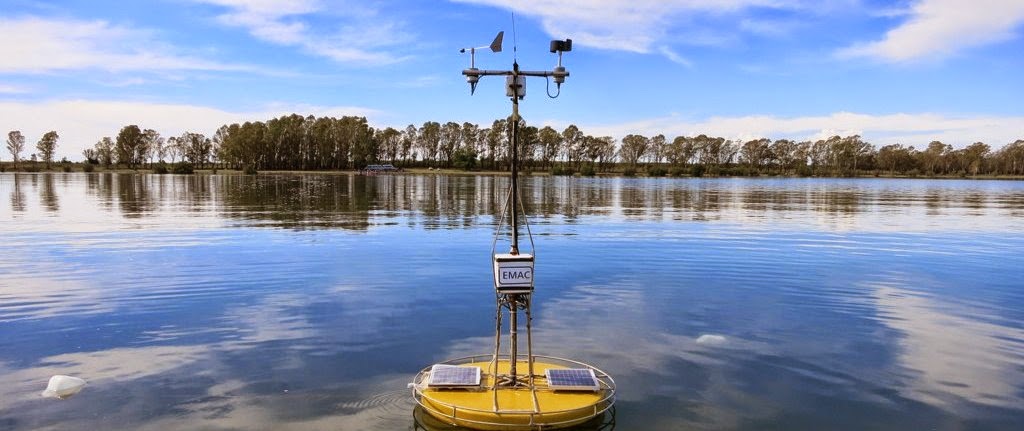The
United Nations’ report on climate change released on Sunday,
November 2, 2014, predicted a gloomy future for the residents of planet Earth. It stated that the dangers of human-caused climate change are no longer debatable; they are real and are even now being felt all over the world. And things will get worse if we fail to take measures now to address this threat.
Among the key findings of the Synthesis Report released by the
Intergovernmental Panel on Climate Change (IPCC) on Sunday. The Synthesis Report distils and integrates the findings of the IPCC Fifth Assessment Report produced by over 800 scientists and released over the past 13 months – the most comprehensive assessment of climate change ever undertaken.
“We have the means to limit climate change,” said R. K. Pachauri, Chair of the IPCC. “The solutions are many and allow for continued economic and human development. All we need is the will to change, which we trust will be motivated by knowledge and an understanding of the science of climate change.”
The Synthesis Report (116pp) confirms that climate change is being registered around the world and warming of the climate system is unequivocal. Since the 1950s many of the observed changes are unprecedented over decades to millennia. “Our assessment finds that the atmosphere and oceans have warmed, the amount of snow and ice has diminished, sea level has risen and the concentration of carbon dioxide has increased to a level unprecedented in at least the last 800,000 years,” said Thomas Stocker, Co-Chair of IPCC Working Group I.
The report expresses with greater certainty than in previous assessments the fact that emissions of greenhouse gases and other anthropogenic drivers have been the dominant cause of observed warming since the mid-20th century.
Substantial and sustained reductions of greenhouse gas emissions are at the core of limiting the risks of climate change. And since mitigation reduces the rate as well as the magnitude of warming, it also increases the time available for adaptation to a particular level of climate change, potentially by several decades.
“It is technically feasible to transition to a low-carbon economy,” said Youba Sokona, Co-Chair of IPCC Working Group III. “But what is lacking are appropriate policies and institutions. The longer we wait to take action, the more it will cost to adapt and mitigate climate change.” The Synthesis Report finds that mitigation cost estimates vary, but that global economic growth would not be strongly affected. In business-as-usual scenarios, consumption – a proxy for economic growth – grows by 1.6 to 3 percent per year over the 21st century. Ambitious mitigation would reduce this by about 0.06 percentage points. “Compared to the imminent risk of irreversible climate change impacts, the risks of mitigation are manageable” said Sokona.

These economic estimates of mitigation costs do not account for the benefits of reduced climate change, nor do they account for the numerous co-benefits associated with human health, livelihoods, and development. “The scientific case for prioritizing action on climate change is clearer than ever,” Pachauri said. “We have little time before the window of opportunity to stay within 2ºC of warming closes. To keep a good chance of staying below 2ºC, and at manageable costs, our emissions should drop by 40 to 70 percent globally between 2010 and 2050, falling to zero or below by 2100. We have that opportunity, and the choice is in our hands.”



